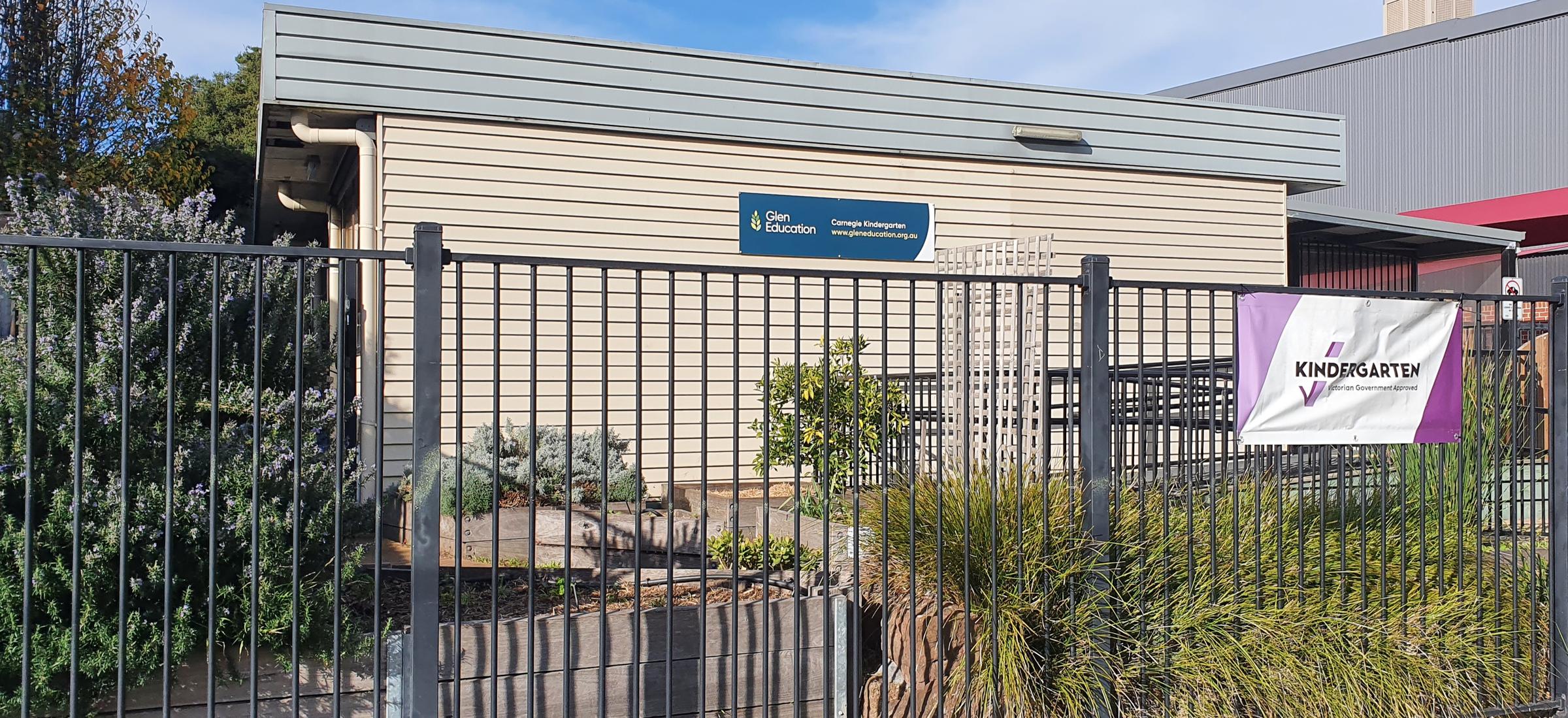Glen Education Carnegie

Building Trusting Relationships as a Foundation for Learning
Maree Filopoulos, Early Childhood Educator
Developing and nurturing partnerships with families is essential to the success of the learning and development of children in early childhood settings. It has long been recognised that meaningful and successful relationships between educators and families who work together in shared decision-making and with common goals, considerably improve learning and developmental outcomes for young children. These relationships are central and provide a strong foundation for communication about children’s learning and wellbeing. When a child observes a positive relationship developing between educators and family, they recognise that the important people in their life trust each other and are working together, they will do the same.
Young children’s learning and development take place at home, in their community and the early childhood education setting. In all of these settings, parents have an important contribution to make and are children’s first and most enduring educators. The Early Years Learning Framework recognises that 'learning outcomes are most likely to be achieved when early childhood educators work in partnership with families' (2009, p.13) As such, educators work hard to create respectful, meaningful and effective partnerships with each family attending our service.
The commitment to working in partnership with every family is one of Glen Education Carnegie's strongest and most effective strategies. A partnership, as the word implies, involves all parties working together, with each party recognising and valuing the contribution of the other towards a common goal. The relationship is built on trust and respect and values communication as essential to its success. To achieve success, it is essential to build a strong relationship where differences can be respected, and a common path can be sought.
So, what do partnerships, an important part of Quality Area 6 under the National Quality Standard, look like at Glen Education Carnegie Kindergarten?
First and foremost, educators recognise that families are the first and most influential teachers of their children and that families and their children’s community have a lasting influence on their children’s lives.
We recognise that genuine partnerships are built on mutual trust and respect and that these partnerships value the ideas and opinions of all parties. These interactions between educators and families are positive, purposeful, reciprocal and consistent. In the early childhood setting, this means families, educators and the community working together to support young children’s learning, development and wellbeing.
Our friendly and welcoming environment invites families to feel respected and encouraged to add input about the curriculum to ensure that learning experiences are meaningful. We respect a family’s culture, background and opinions, and welcome ideas, opinions or requests. This in turn builds a sense of community. Embracing cultural diversity in our kindergarten is important and not only strengthens partnerships with families, but also has a positive impact on children’s acceptance of difference and their sense of belonging in the kindergarten environment and beyond.
Recently the children collaborated to create a poster that focused on the many ways to say hello in a different language. This explored diversity by investigating language and heritage which reflected each family’s identity and understanding of their place in the world.
Educators, always encourage parents/carers to share information about their child’s experiences and activities outside of the early childhood setting. We establish effective two-way communication, by communicating freely and respectfully with each other. Sharing insights and perspectives about the child allows educators to understand what is happening at home and outside of care. Quick informal chats at drop-off may well set the tone for the day for a child. Recently, I was told that a child had been awake since 4.30 am, which had a great impact on their mood, behaviour and stamina during that day. Knowing this information, helped educators respond to this child’s needs by giving them opportunities for quiet time to help rejuvenate when we noticed they were feeling low.
We know how important it is for parents and carers to feel comfortable when communicating and want families to feel listened to, understood and respected. When we are talking to families, educators do not hold any biases, prejudices or negative personal thoughts against any family.
Partnerships formed between families and educators are active, based on mutual respect, and are ever evolving. These partnerships also connect a child's home with our kindergarten and a consistent message has great benefits for children socially, and emotionally.
Building collaborative, respectful and reciprocal partnerships with families is an ongoing and dynamic process. Children's development and wellbeing are best bolstered when families and educators work together to meet their needs. “When educators respect the unique strengths of each family, collaborative partnerships are strengthened and the continuity of learning between homes and educational settings is enhanced”. If the communication is strong and conversations are filled with warmth, respect and positivity, and if there is a genuine trusting relationship between parents/caregivers and their educators, there is no reason why a child’s learning experience will not be positive, fluid and enjoyable.
